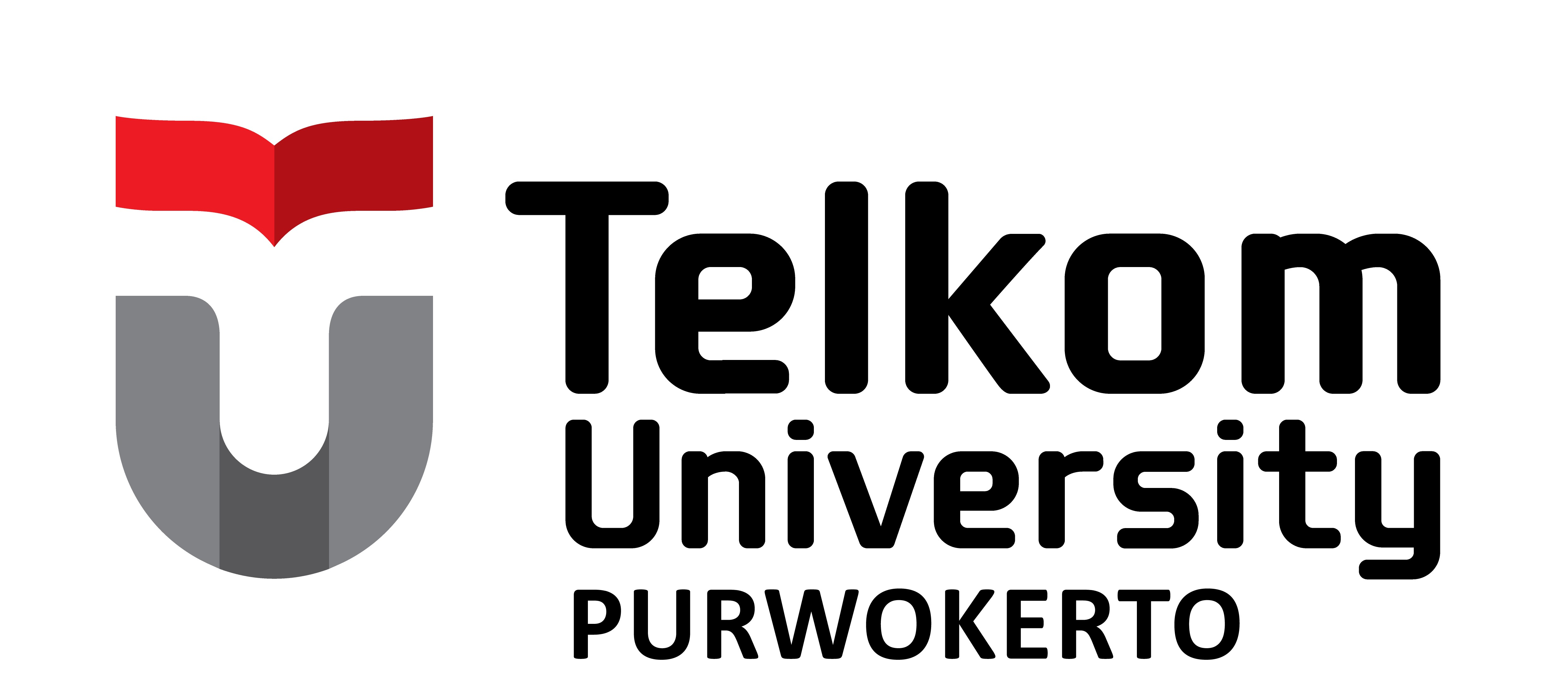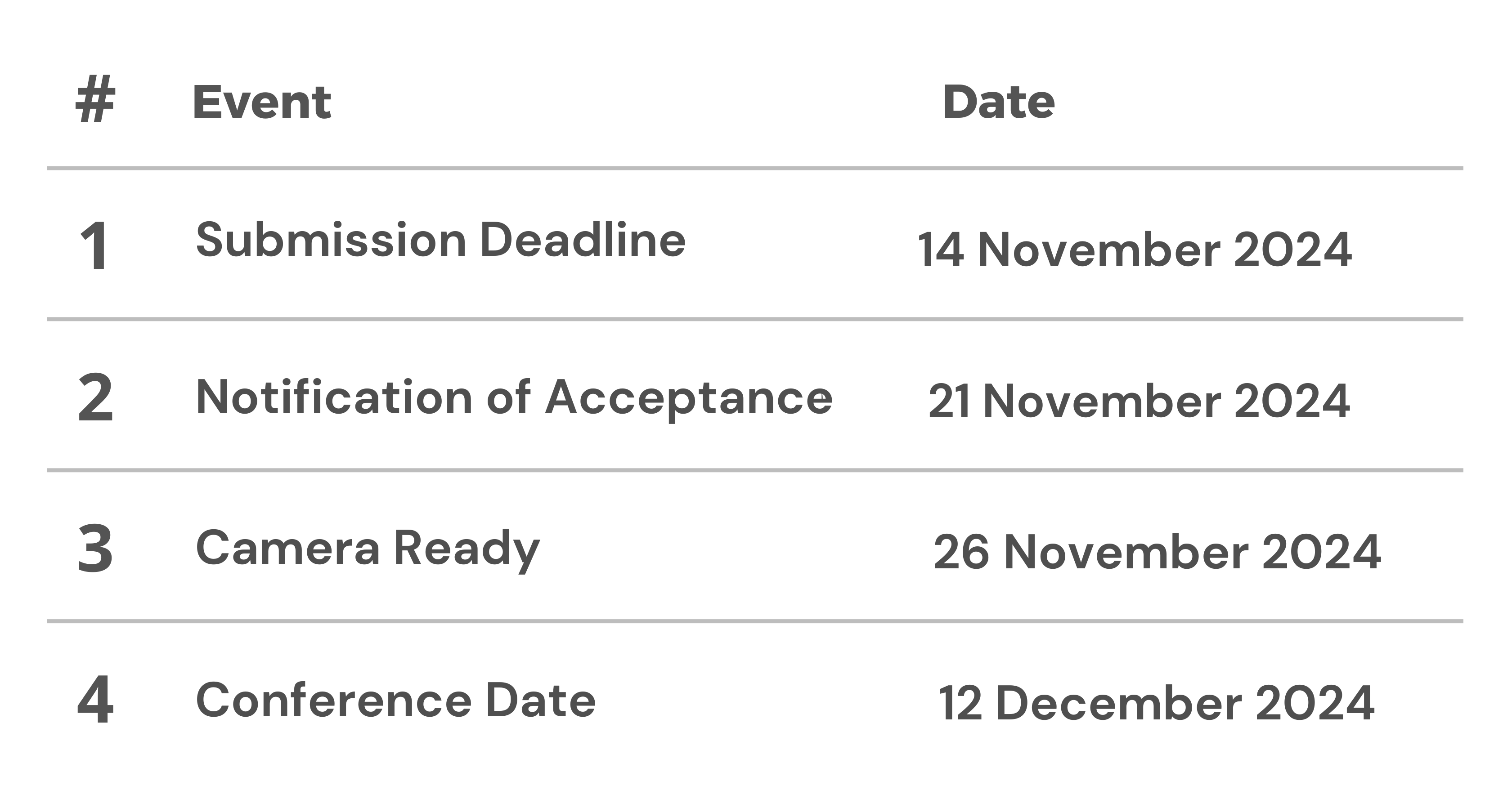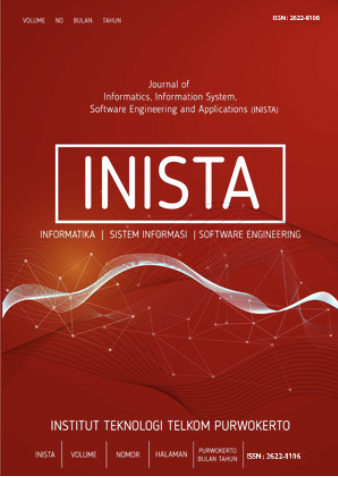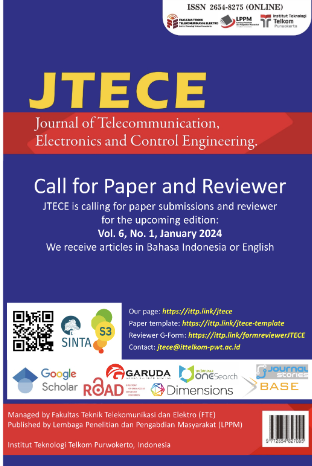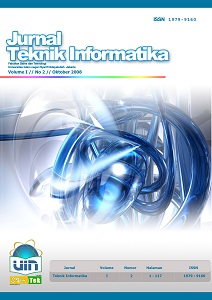The OPTIMASI MANAJEMEN RANTAI PASOK TEMPE DENGAN PENDEKATAN EOQ DI DESA PLIKEN BANYUMAS
Abstract
Supply chain management plays a crucial role in ensuring business sustainability, including in the production of tempeh in Pliken Village, Bancarkembar, Central Java, which heavily relies on its main raw material, soybeans, most of which are imported. Challenges such as price fluctuations, delivery delays, and high storage costs often become obstacles for tempeh producers, especially small-scale businesses. This study aims to analyze the efficiency of soybean supply chain management using the Economic Order Quantity (EOQ) approach. Data were collected through interviews and direct observations of tempeh producers in Pliken Village, Kembaran Subdistrict, Banyumas. The EOQ analysis resulted in an optimal order quantity of 1,063 kg per order with an order frequency of 14 times per year. The required safety stock is 3.3 kg, with a reorder point of 43.3 kg. Implementing the EOQ method can reduce total inventory costs to IDR 1,356,233 per year, thereby improving supply chain efficiency and maintaining production stability. This study recommends an EOQ-based ordering schedule and the provision of safety stock to mitigate the risk of production disruptions. These findings are expected to serve as a guide for tempeh producers to enhance operational efficiency and business sustainability


